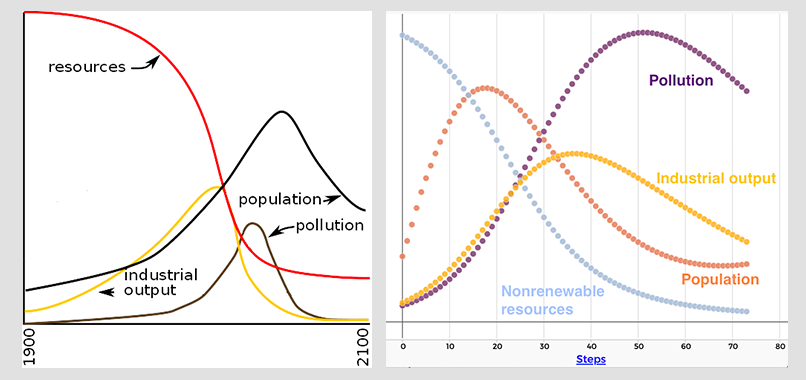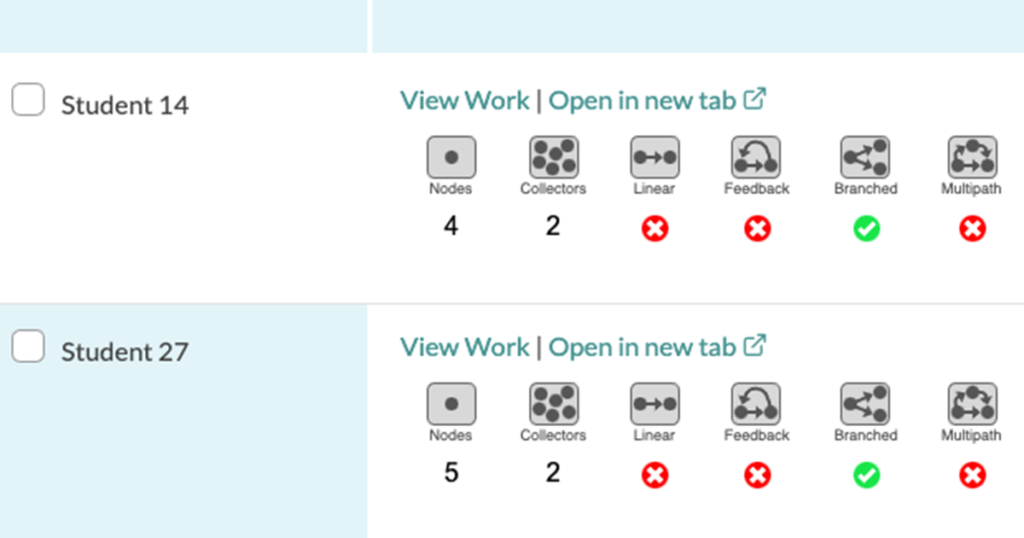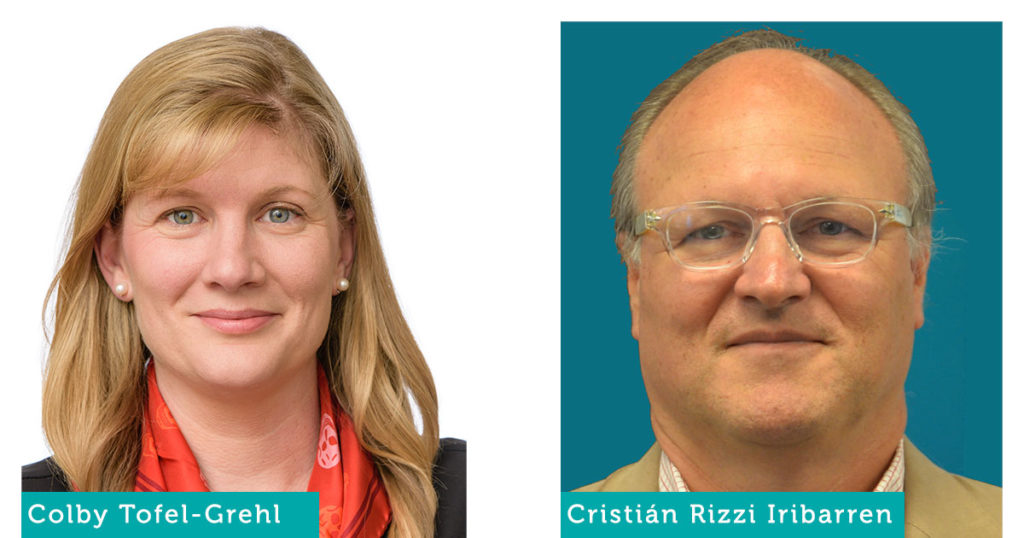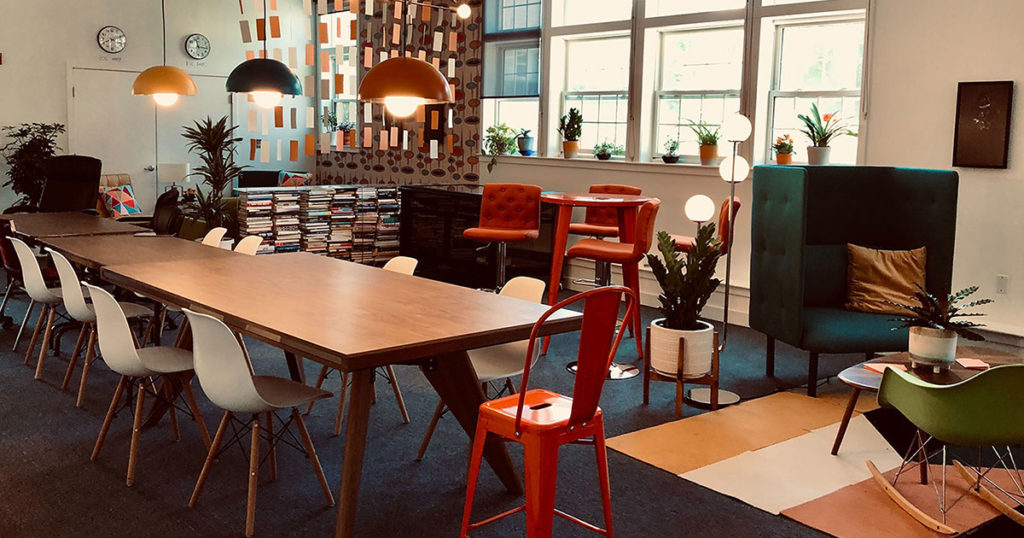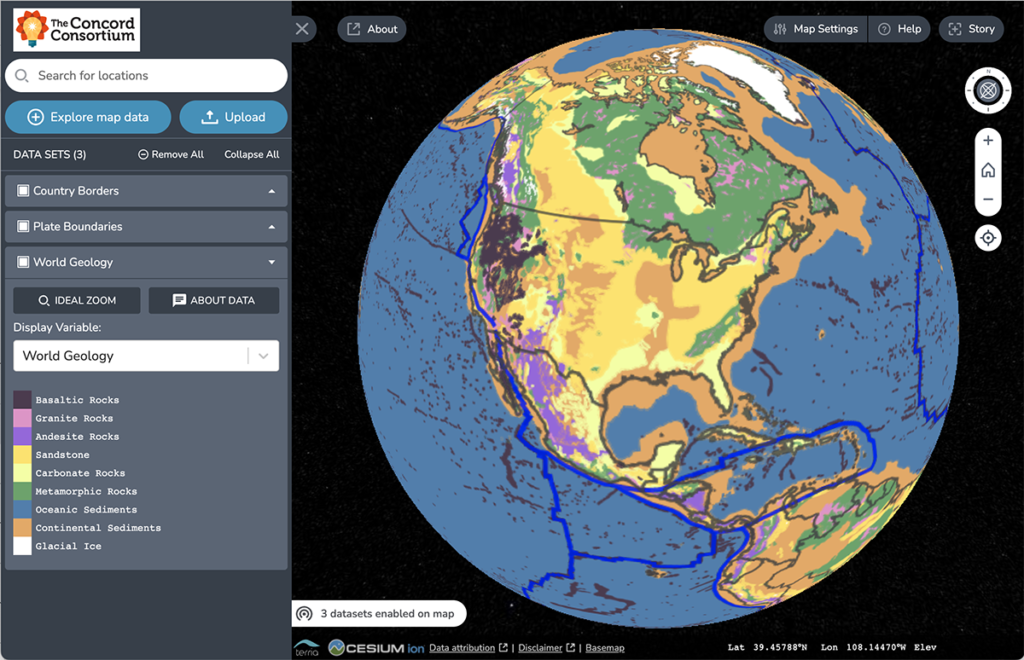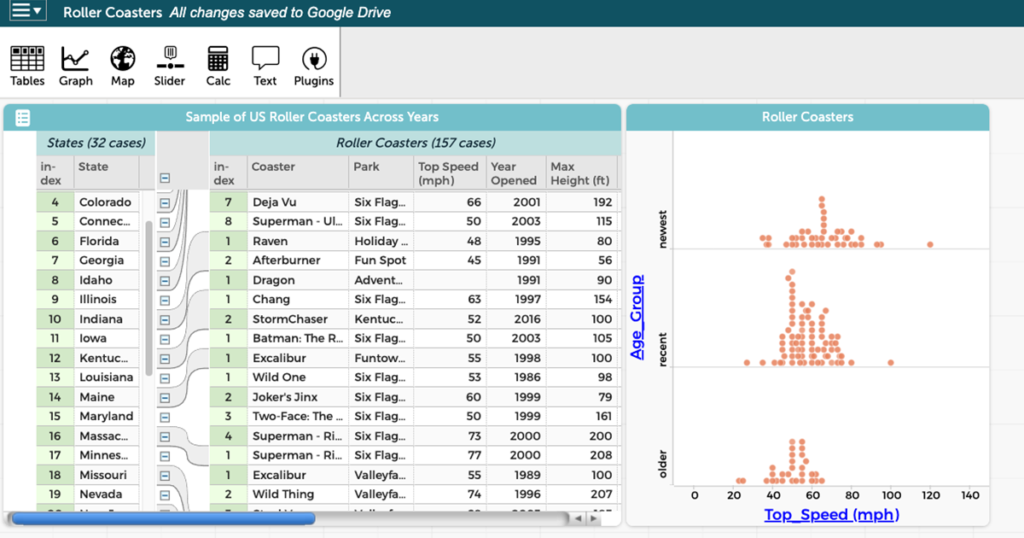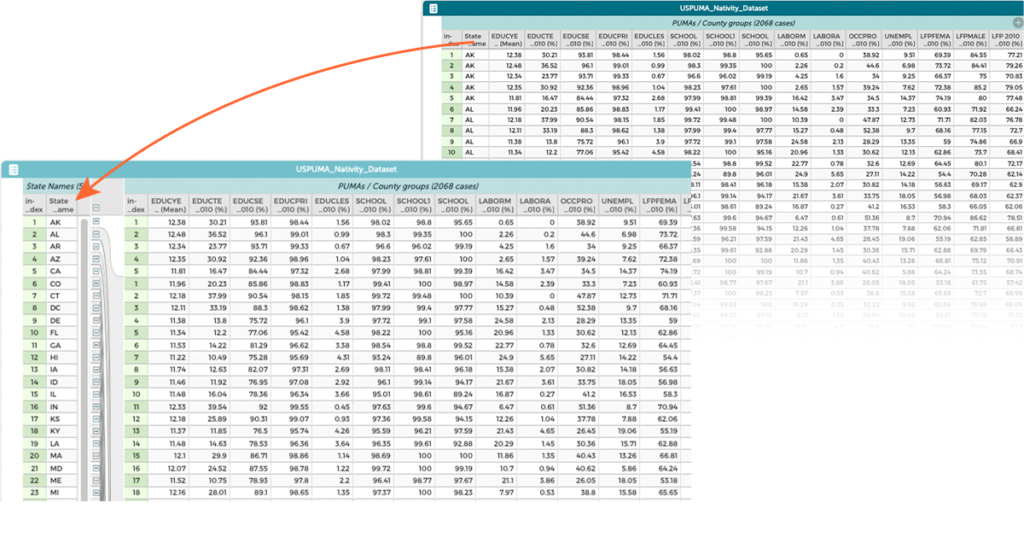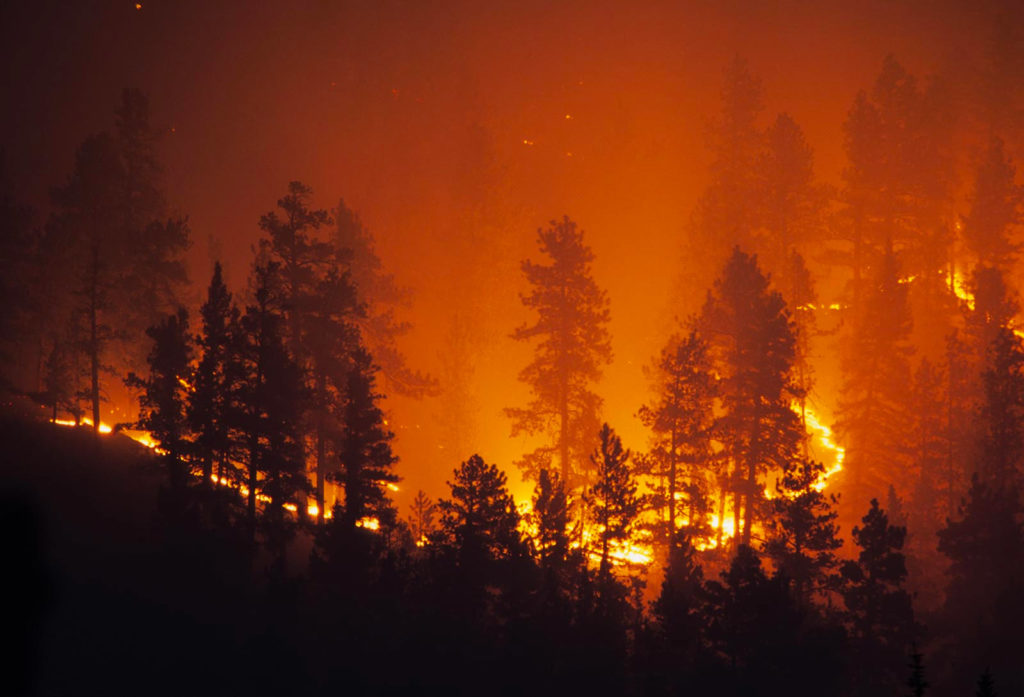The authors of the 1972 book entitled The Limits to Growth set out to answer a critically important question. Can Earth sustain a human population that pursues a goal of continual economic growth? Based on a computer model they created, their answer was both guarded and cautionary: “If the present growth trends in world population, […]
Linsey Brennan is a doctoral student at Michigan State University and a researcher on the Multilevel Computational Modeling Project. Chemistry teachers Scott Hanson and Tim Muhich have used SageModeler to help students model systems and explain real-world phenomena for the past four years. According to the pair of teachers at the Battle Creek Area Math […]
The theme for this year’s Robert F. Tinker Fellows Program, which aims to promote innovation, creativity, and cross-disciplinary conversations, focuses on diversity, equity, and inclusion in STEM education. We are delighted to announce two Tinker Fellows in 2023. Colby Tofel-Grehl will collaborate on a geoscience project and plans to develop companion professional learning materials for […]
At this six-month milestone of our efforts to re-engineer CODAP, I’m excited about the progress we’re making towards modernizing CODAP’s underlying source code. By moving from Sproutcore to more up-to-date web application tools, including Typescript, React, and D3, we’re working to ensure that CODAP will support data science education for many years—and for many more […]
We’re delighted to present the year in review with our top 10 highlights. 1. We Update Our Workspaces Most of our employees now work remotely much of the time. While we love to collaborate over Zoom, in Google Docs, and on GitHub and Pivotal Tracker, we also enjoy getting together in person, especially in our […]
We published a record number of publications in 2022, including 15 journal articles and a book chapter. From articles for educators to implement free resources to research articles to inform the field, we wrote about a wide range of topics, including data science education, artificial intelligence, geoscience education, game-based learning, and more. Most of the […]
Traditional geologic maps beautifully illustrate the many different types of rock found on Earth’s surface. Geoscientists can look at a colorful geologic map and immediately spot important pieces of the story of Earth’s geologic history. For instance, in the map below, the red area found in Canada represents bedrock formed in the Late Archean Era […]
Ask Hollylynne Lee and Gemma Mojica, the co-directors of the Hub for Research and Innovation in Statistics Education at the Friday Institute for Educational Innovation at NC State University, about their current goal for education and you’ll hear their very big plans: transform undergraduate teacher preparation in data science and statistics education. With the exponential […]
With a deluge of data — from data about climate change and the pandemic to data about town demographics and local energy use — it is increasingly vital that the public are able to make sense of data to inform their decisions. But datasets can be overwhelming, at least at first glance. For example, census […]
It used to be that natural disasters like wildfires, floods, and hurricanes each had their own season, likely to occur in predictable locations and at certain times of the year. Changes in the climate have expanded and shifted both the map of where people may be at risk and the months when these hazards most […]
